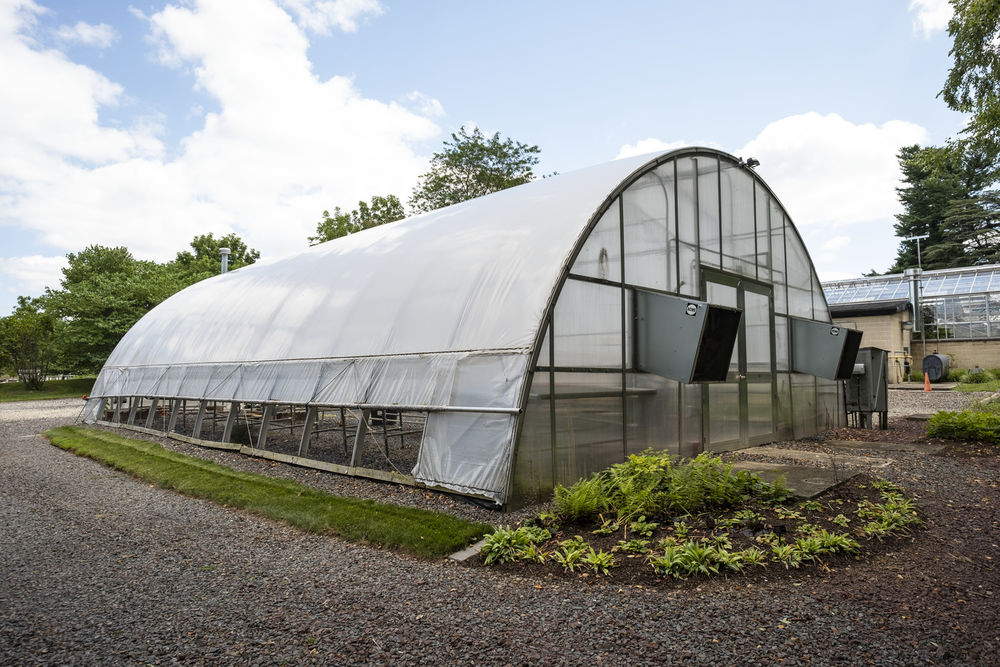Undergraduate Certificate in Sustainable Food Systems
Investigate the complexities of food systems that includes city planning, horticulture, and public health with a Undergraduate Certificate in Sustainable Food Systems in Temple University’s Tyler School of Art and Architecture. Courses in the certificate explore the relationship between farmland preservation and food production practices. Students will supply alternatives that improve local economies, reduce energy consumption, lower environmental impact, and ensure widespread access to affordable and healthy food. This prepares students to contribute to the overall sustainability of the communities in which they live and work and strengthens students' preparation to work as professionals in environmentally oriented fields or as citizen environmental activists.
The academic certificate is available to all undergraduate degree students and non-degree students. Consult with an academic advisor about how the required courses fit into academic and career plans.
Courses for this certificate are offered at Ambler and Main campuses.

